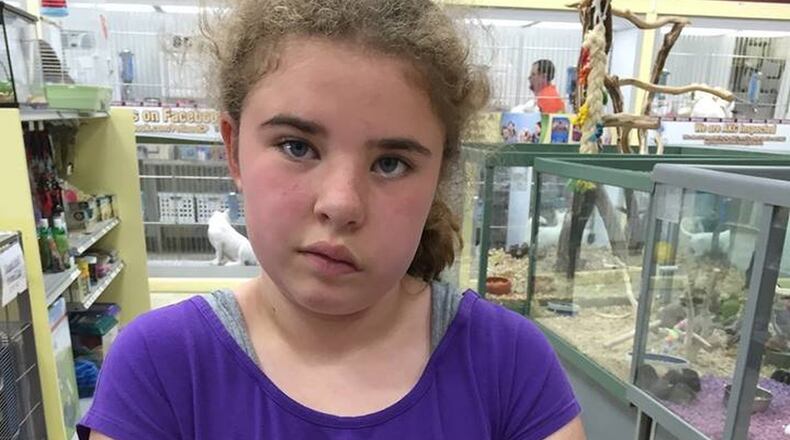Bullying is defined by the U.S. Department of Health and Human Services as “unwanted, aggressive behavior among school aged children that involves a real or perceived power imbalance. The behavior is repeated, or has the potential to be repeated, over time.”
DETAILS: Parents remember Bethany Thompson as vibrant, fun girl
The term bullying has been in the news a lot lately and it’s important to understand what behaviors are actually bullying, Wittenberg University Professor Kelly Dillon, who has studied bullying and cyber-bullying.
“In order for it to be bullying, it has to have three distinct characteristics,” she said. “First, it most be intentional. Someone must be intending to harm someone else either through words or actions or threats.”
The actions also have to be repetitive, she said.
“If someone does something unintentionally once, they are being rude,” Dillon said. “If they do it twice they are being mean. However, if it happens over and over again, that’s bullying.”
RELATED: Suicide of 11-year-old Champaign County girl has national impact
The actions also have to have a power imbalance, she said, in which the bully is trying to control the victim through fear or other means.
Wendy Feucht, Bethany’s mother, believes the definition of bullying should be expanded.
“The definition of bullying needs to be changed to anything that you say to someone to hurt their feelings or to make fun of them or to make them feel like less of a person,” Feucht said.
That might have prompted Triad leaders to react quicker, she said, and she believes the school didn’t do enough to prevent Bethany’s from being ridiculed.
“(The schools) are the ones that need to step in and say, ‘That wasn’t nice. We don’t talk to people that way,’ and have them hold the children accountable for the things that they say and the way they make other people feel,” she said.
READ MORE: Triad schools address bullying concerns following student suicide
The current definition of bullying is different than what most parents perceive it as, said Linda Locke of Mindful Presence Ministries. Locke worked as an elementary school principal in Urbana for 19 years, has a Ph.D in educational leadership, and wrote four books on bullying and how to stop it.
There’s a difference between being bullied and being picked on, she said.
“It’s a fine line and parents don’t understand that,” Locke said. “They think if somebody is being mean therefore they are a bully. And so part of what I talk about is that we are all growing and changing and labeling people is not how we fix the problem.”
School age children are developing communication skills, she said, and not all nasty treatment that goes on in schools is intended to be bullying.
“Kids just can be mean,” Locke said. “They say hurtful things and they don’t have empathy yet and they don’t understand what it feels like for the other person.”
About the Author

